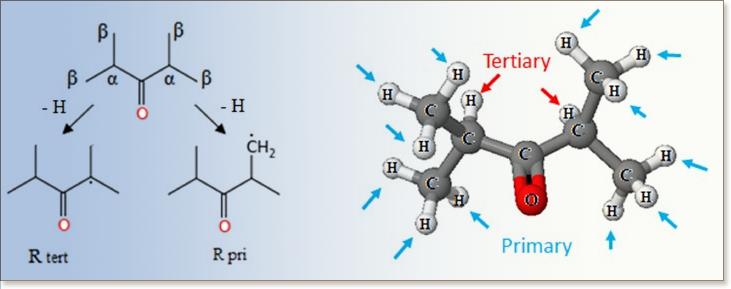High temperature shock tube experiments and kinetic modeling study of diisopropyl ketone ignition and pyrolysis


Diisopropyl ketone (DIPK) is a promising biofuel candidate, which is produced using endophytic fungal conversion. In this work, a high temperature detailed combustion kinetic model for DIPK was developed using the reaction class approach. DIPK ignition and pyrolysis experiments were performed using the UCF shock tube. The shock tube oxidation experiments were conducted between 1093 K and 1630 K for different reactant compositions, equivalence ratios (φ = 0.5–2.0), and pressures (1–6 atm). In addition, methane concentration time-histories were measured during 2% DIPK pyrolysis in argon using cw laser absorption near 3400 nm at temperatures between 1300 and 1400 K near 1 atm. To the best of our knowledge, current ignition delay times (above 1050 K) and methane time histories are the first such experiments performed in DIPK at high temperatures. Present data were used as validation targets for the new kinetic model and simulation results showed fair agreement compared to the experiments. The reaction rates corresponding to the main consumption pathways of DIPK were found to have high sensitivity in controlling the reactivity, so these were adjusted to attain better agreement between the simulation and experimental data. A correlation was developed based on the experimental data to predict the ignition delay times using the temperature, pressure, fuel concentration and oxygen concentration.

"KAUST shall be a beacon for peace, hope and reconciliation, and shall serve the people of the Kingdom and the world."
King Abdullah bin Abdulaziz Al Saud, 1924 – 2015
Thuwal 23955-6900, Kingdom of Saudi Arabia
© King Abdullah University of Science and Technology. All rights reserved